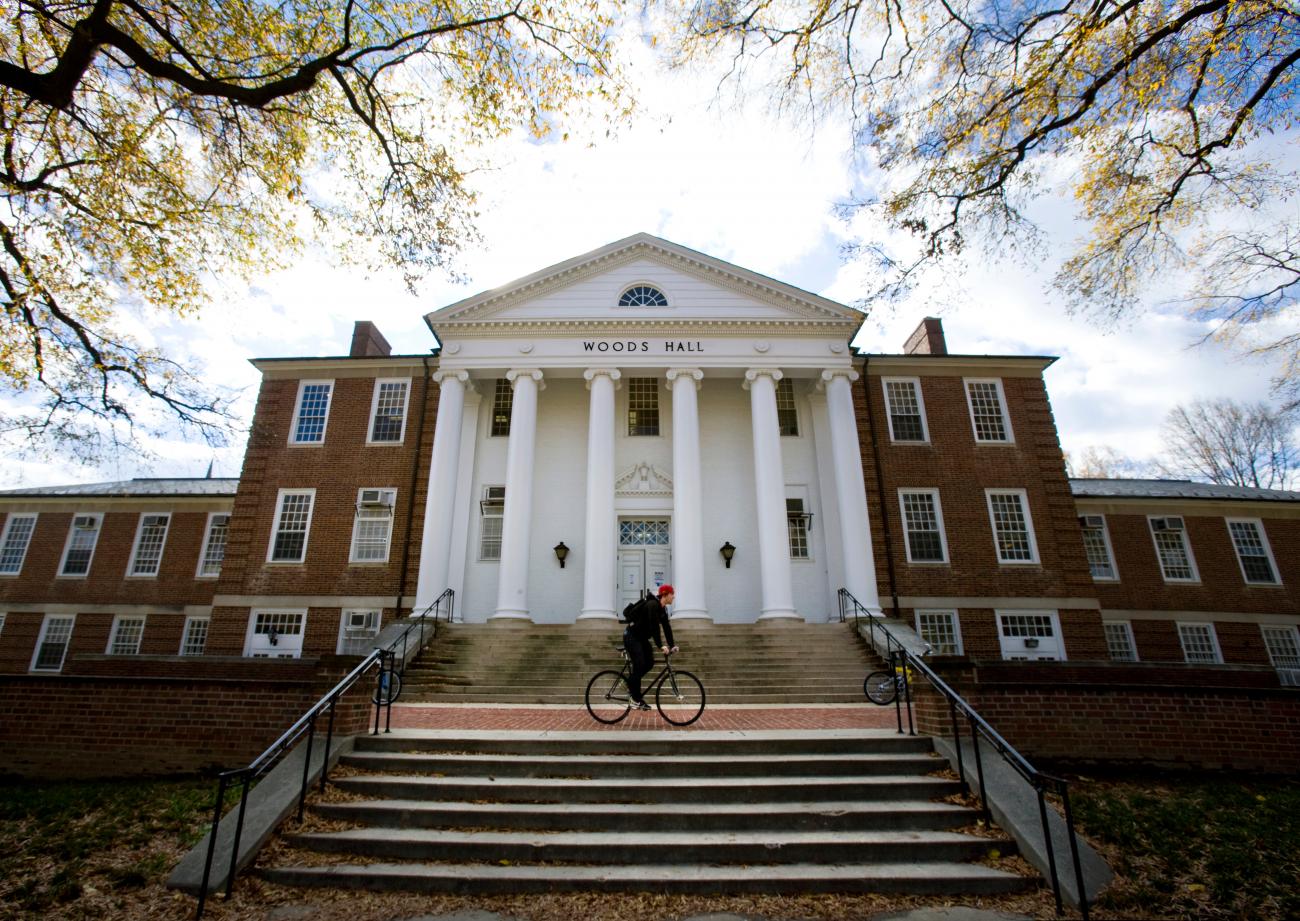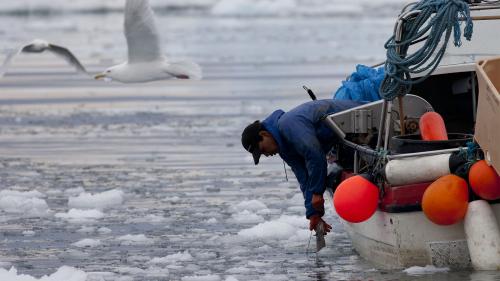Dr. George N. Hambrecht is co-author of a new publication in Nature, "Towards a rigorous understanding of societal responses to climate change." The paper and Dr. Hambrecht's research in collaboration with other scientists was featured in Maryland Today Social Sciences, Humanities Can Help in Response to Climate Change, Study Finds.
“To deal with climate change, it’s not going to be anything one discipline can do,” said George Hambrecht, co-author and associate professor in the UMD Department of Anthropology. “(Research) is not going to do us much good unless we can apply it to human existence.”
Researchers’ reliance on data such as grain prices or easily documented events like wars have given too much weight to the idea that climate change leads to irreversible failure, the authors argue in the paper. Instead, they suggest that history has many examples of communities that adjusted and possibly thrived—even if it was at the expense of their neighbors.
“There’s going to be winners and losers. And there’s going to be inequities,” Hambrecht said. “Adapting is not always pretty.”
Hambrecht cautioned that integrating stories of resilience produced by humanities and social science researchers should not be taken as an argument downplaying the danger that the planet faces. While modern societies have far greater technology and resources at their disposal than their predecessors, the level and speed of man-made climate change occurring now is far greater than any in human existence.
Rather, the paper is meant as a potential solution to bridging communication gaps that can open between scholars relying on numerical techniques like weather models and laymen who can have difficulty relating them to daily life. The social sciences, Hambrecht said, offer a “huge database of how humans have reacted in the past.”
“All of these cases are little laboratories. We are adaptive and we have many ways of dealing with these problems,” he said. “In a sense, it gives hope.”



